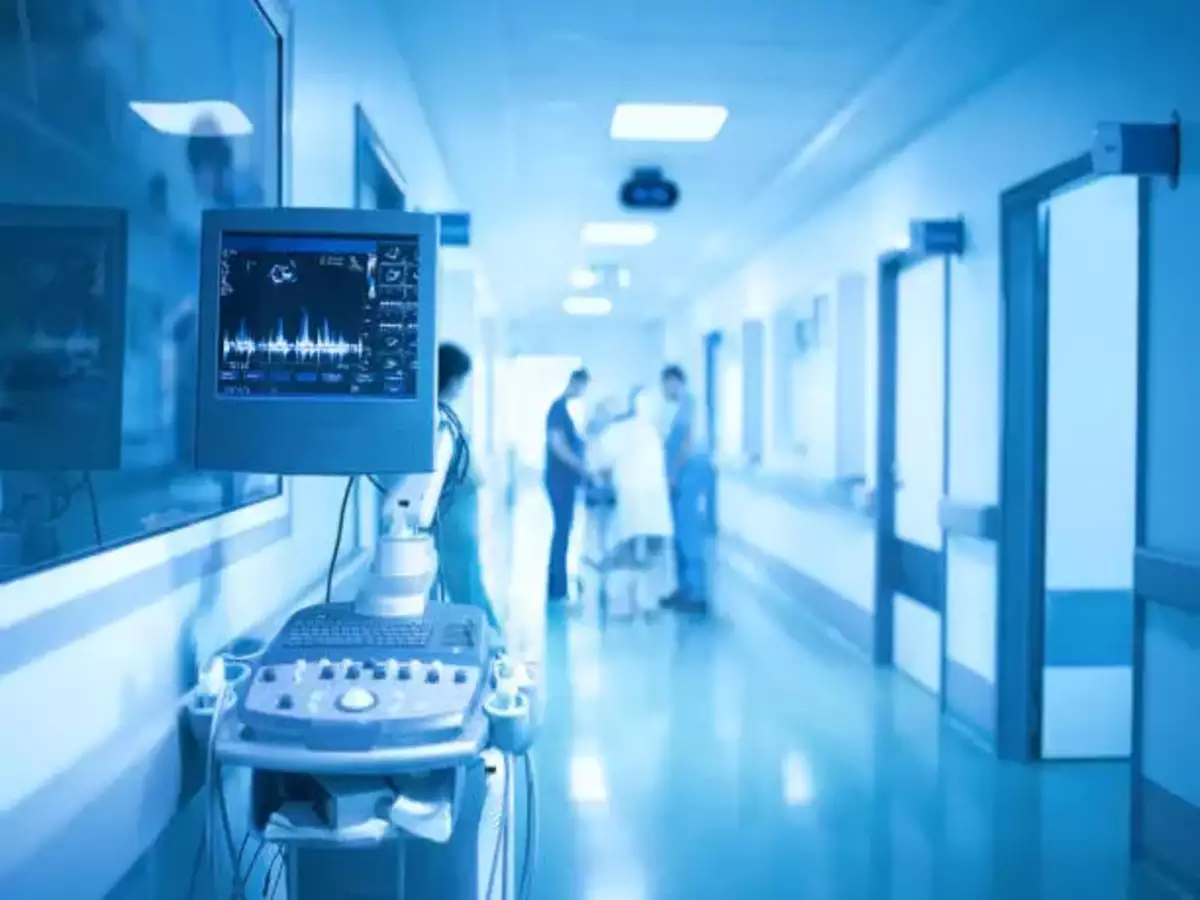A recent World Health Organization (WHO) report has unveiled significant discrepancies in Balochistan’s healthcare infrastructure. Official records claim the existence of 1,661 healthcare facilities, including hospitals and basic health units (BHUs). However, the WHO’s investigation found that 257 of these facilities are nonexistent on the ground.
The investigation, which covered 1,404 healthcare facilities, revealed that 8 are in total disrepair yet continue to receive government funding and medical supplies. The report further notes that 140 facilities are entirely non-operational despite significant budget allocations. Additionally, 656 facilities are partially operational, and 220 have limited accessibility.
The investigation detailed the highest number of missing facilities in the Zhob Division, with 68 unaccounted for, followed by Naseerabad with 20, and the Sibi Division with 16, among others. The report attributes the degradation of 87% of the healthcare infrastructure to corruption and neglect, which diverts funds from necessary construction and maintenance.
Furthermore, the report identifies severe deficiencies in essential services across the evaluated facilities. It found that 43% of the 603 medical centers have partially or completely unusable medical equipment. Water supply issues are rampant, with 586 facilities lacking access to water and 399 with unsatisfactory water provisions. Sanitation facilities are also inadequate, with 457 institutions lacking toilets and 592 with unsatisfactory toilet facilities. Notably, handwashing facilities, crucial for preventing disease transmission, are deficient across multiple divisions.
Alarmingly, the report highlights that 887 medical centers lack appropriate facilities for sterilizing medical tools, posing a significant risk of disease transmission, including hepatitis and AIDS. Moreover, the improper disposal of medical waste and syringes in many centers further increases the risk of spreading infectious diseases like Hepatitis B, AIDS, and HIV.
The WHO’s findings call for urgent action from authorities to address these gaps in Balochistan’s healthcare infrastructure, underscoring the need for improvements to ensure the delivery of essential medical services and prevent the spread of diseases.

